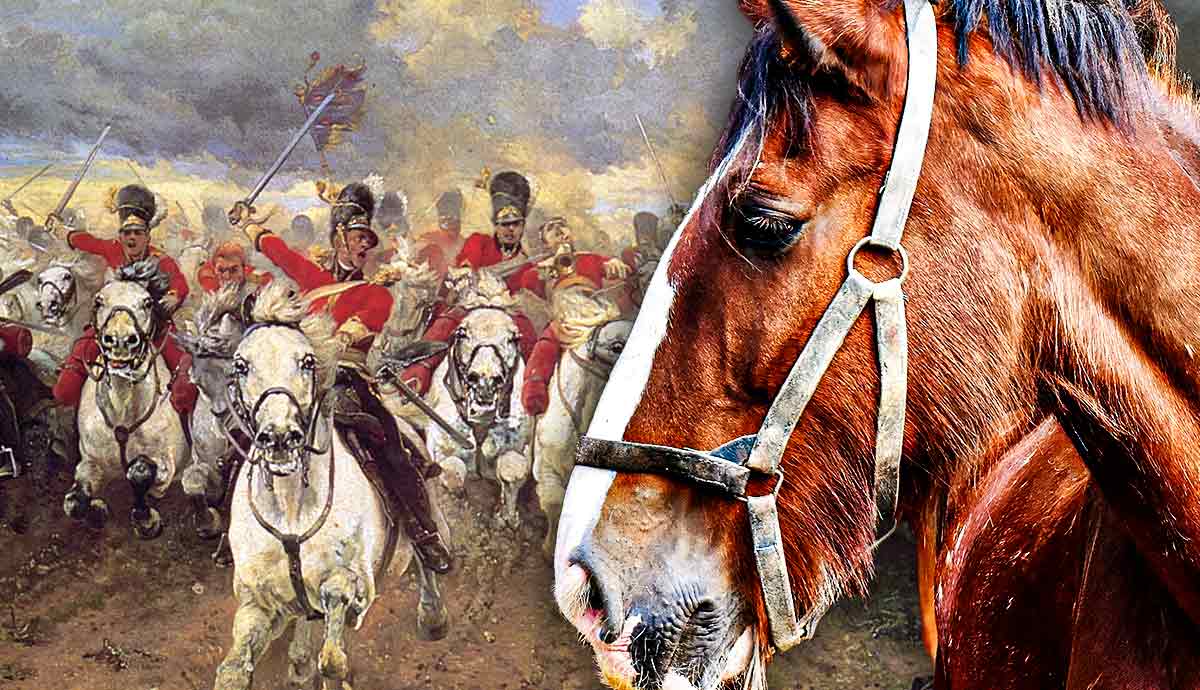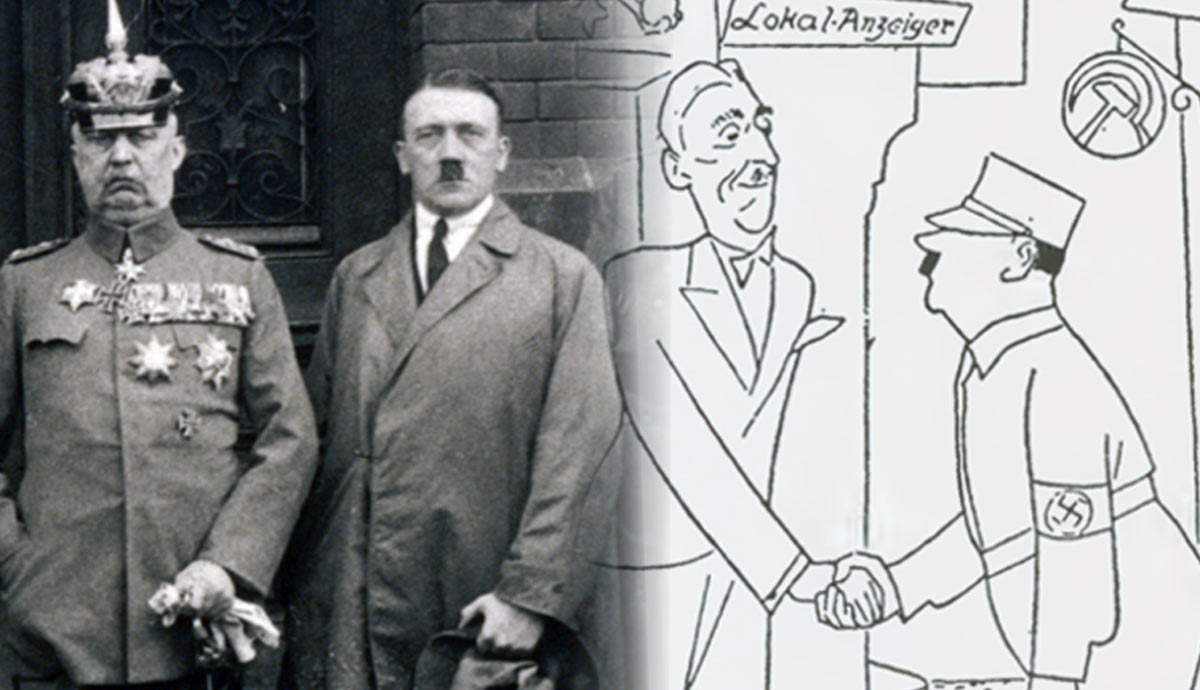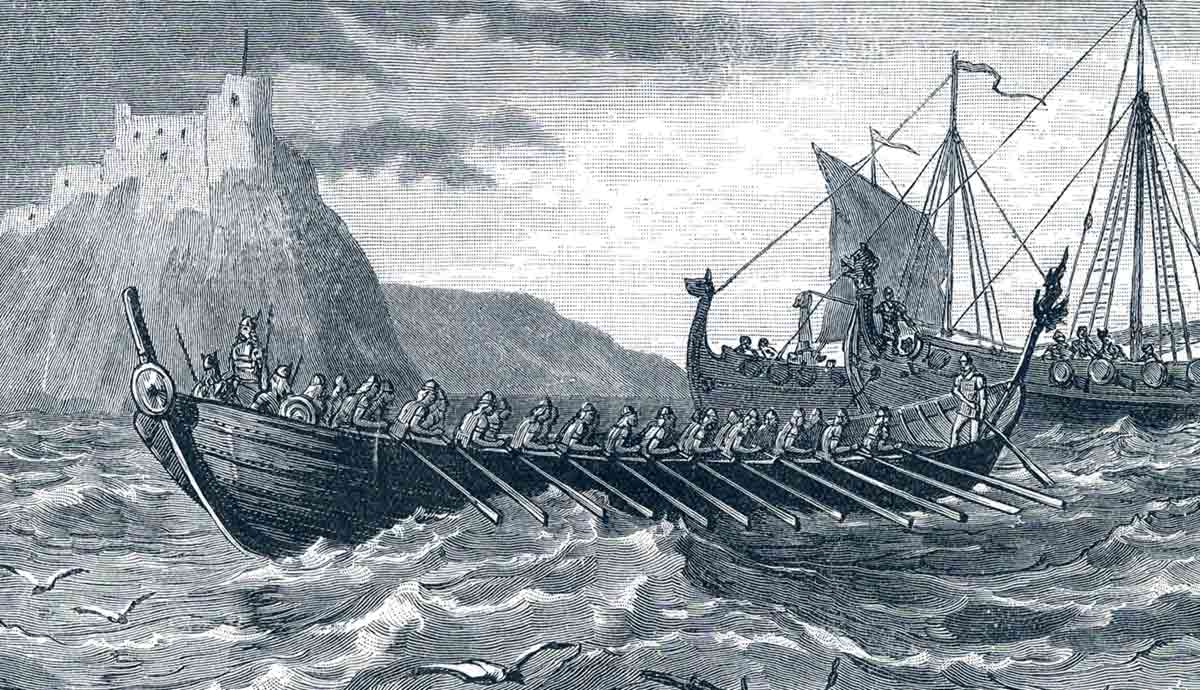
Napoleon’s impact on the world cannot be understated. He upset the entire balance of power in the world and conquered most of Europe in armed conflicts that would see the deaths of hundreds of thousands of soldiers.
Behind the man who led armies into battle was his wife, Joséphine. She was not, however, simply Napoleon’s wife. She was the Empress consort of the French and had lived an eventful life before she even met Napoleon Bonaparte.
The Early Life of Josephine

Marie-Josèphe-Rose Tascher de La Pagerie was, according to official sources, born on June 23, 1763, in Les Trois-Îlets on the island of Martinique in the Caribbean. Her father, Joseph-Gaspard (1735–1790), was of noble birth and married Rose-Claire des Vergers de Sannois (1735–1807), inheriting a sugar plantation as a dowry.
Despite his noble birth, Joseph-Gaspard was by no means wealthy. He made money through the plantation and as a lieutenant of the Troupes de marine (French Marines), but he lived perilously close to bankruptcy.
The location of Joséphine’s birth is contested. While the official history is that she was born on Martinique, evidence also suggests she was born on the Island of St. Lucia. A newspaper clipping from 1831 claims the latter, stating that the family lived on St. Lucia until 1771 before moving to Martinique.
Around this time, St. Lucia was constantly being contested between Britain and France, and the island switched hands a total of fourteen times. It is suggested that her birthplace was left off the birth record as it would have affected her nationality.
Joséphine was the eldest of three children. Catherine-Désirée was born in 1764, and Marie-Françoise was born in 1766. Joséphine and Catherine-Désirée were sent to boarding school in Fort-Royal.
Despite being remembered in the history books as “Joséphine,” the future empress actually went by the name of “Rose” for the first half of her life. It was Napoleon who referred to her as Joséphine. His many letters to her would stamp this name firmly in place.
First Marriage

For 15 years, Joséphine lived a relatively happy childhood on Martinique (and possibly St. Lucia). It was arranged for Catherine-Désirée, Joséphine’s younger sister, to marry Alexandre de Beauharnais, but Catherine-Désirée died of yellow fever on October 16, 1777, before the two could be wed. In her place, Marie-Françoise was promised to Alexandre de Beauharnais, but at this point, she was only 11 years old.
In the end, Joséphine married Alexandre on December 13, 1779. The couple moved to Paris thereafter, and Joséphine bore two children from the marriage: Eugène was born on September 3, 1781, and Hortense was born on April 10, 1783. The marriage, however, did not last. Alexandre was ashamed of his wife’s provincial manners and refused to present her in the court of Marie Antoinette. Hortense was also born prematurely, and Alexandre used this to accuse his wife of infidelity, although he later accepted the child as his own.
The marriage turned out to be an abusive one. Alexandre regularly beat his wife and was unfaithful, spending much time in brothels. He also abandoned his family for long periods, spending time with his mistresses.
Slighted by her husband’s abuse, Joséphine obtained a separation from her husband. She was granted custody of Hortense while Alexandre looked after Eugène. Joséphine lived in Paris for three more years, acquiring a taste for the city’s culture of fashion, but her financial situation deteriorated, and she had to sell much of her jewelry to pay for her expenses. Eventually, she returned with Hortense to Martinique in 1788.
Revolution

The French Revolution broke out in 1789, and its effects quickly spread through many French territories. Martinique was no exception. In 1790, a slave uprising spurred Joséphine to return to Paris, where she met her husband again and kept close to him, hoping to cultivate powerful connections that could help improve her social and financial situation.
There was, however, little escape from French turmoil within the empire’s capital city. Alexandre had joined the Estates-General of 1789 and, despite being an aristocrat, had taken up the cause of the commoners and became an officer in the French Revolutionary Army.

Nevertheless, he was still of noble birth and was viewed with considerable suspicion. He was arrested on March 2, 1794, and put on trial for having commanded his troops poorly during the Siege of Mainz in 1793, when Prussian troops recaptured Mainz on the west bank of the Rhine. Despite the abuse Alexandre had meted out to his wife, Joséphine defended him and was arrested on April 22. She spent three months in prison.
On July 23, 1794, Alexandre was executed by guillotine. Five days later, Maximilien Robespierre, the architect of the Reign of Terror, was guillotined himself, and Joséphine was released from imprisonment.
Meeting Napoleon

As things settled down in Paris, Joséphine continued making acquaintances in the upper echelons of Parisian society and political life. In 1795, she met a young general named Napoleon Bonaparte. He seemed smitten with her, but she did not immediately return the same affection. She was six years his senior and already had two children.
Nevertheless, the two helped each other, and she grew fond of him. She introduced him to the high society of France, and at the same time, he gained military prestige. Her connection to him was worth the effort. On March 9, 1796, they were married in civil partnership. Napoleon had just been made commander-in-chief of the army of Italy and was about to make a name for himself during the first Italian Campaign.
As the first years of their marriage went by, their relationship was anything but smooth. They were both ambitious and independent. Napoleon spent long periods away on campaign, and while Joséphine could have joined him, she preferred to remain in Paris, where she could mingle in the city’s social scene. She may have had an affair with a young lieutenant named Hippolyte Charles during this time, which continued through the next few years.
In June 1796, Joséphine acceded to her husband’s requests to join her in Italy, although on the journey there, she was accompanied by Hippolyte. Regarding her time in Italy, Joséphine complained that life there was full of boredom.
Joséphine did not get on well with her new husband’s family. They did not approve that Napoleon had wed an older widow with two children. In addition, Napoleon’s mother and sisters complained that they felt clumsy and unsophisticated in the presence of Joséphine.

Despite her boredom, Joséphine made a life for herself in Milan. When Napoleon returned to Paris at the end of 1797, Joséphine was still in Milan and had not yet traveled back to Paris to meet her husband.
Joséphine remained emotionally and physically distant from her husband for several years. In November 1799, however, the situation changed when Napoleon established himself as the head of an autocratic French Consulate. He did this by subterfuge in what was essentially a coup that resulted in Napoleon in control of France. Joséphine was party to this and entertained Napoleon’s enemies while he made his move.
In the years that followed, Joséphine was careful not to cause any scandals as she realized her husband’s potential for power. She was well aware of the dynamics at play and wanted to obtain power for herself, too.
In 1799, Joséphine purchased Château de Malmaison, a few miles from the center of Paris. It was a run-down place that needed major renovations, but it would be fixed, and it would serve as a home for Joséphine and Napoleon. Of great importance at Malmaison was Joséphine’s rose garden, which she tended to with great care. Such was her love for roses that Napoleon ordered seized ships to be searched for seeds to send back to his wife.
In May 1804, Napoleon declared himself Emperor of the French, and shortly thereafter, the two were married again, this time with all the pomp and ceremony their new titles afforded them.
Empress Joséphine thrived in her new position, entertaining dignitaries and organizing lavish events. She presided over the royal court with grace and style.
The Marriage Suffers

Napoleon’s life was full of the stress of conquest. Not only was he worried about military matters and running an empire, but one of his main priorities was producing an heir. It was for this primary reason that he sought an annulment of his marriage despite the fact that he still loved Joséphine.
He helped consolidate his power by marrying off his stepchildren to other royal houses in Europe. Eugène married a Bavarian princess, and Hortense married Napoleon’s younger brother, Louis.
In addition to the childless marriage, there was also the issue of Joséphine’s extravagant spending. Her lifestyle was claimed to be more expensive than that of Marie Antoinette, whose lifestyle gained the ire of the French people.
In 1809, Napoleon requested a divorce. Joséphine was upset but put up little argument and acceded to Napoleon’s request. The two were divorced on January 10, 1810 in a solemn occasion in which they exchanged words of devotion to each other. Napoleon insisted that Joséphine retain the title of empress.
Life After Napoleon

In the divorce, Napoleon left the entirety of the Malmaison estate to Joséphine, and this is exactly where she spent the rest of her days. Napoleon speedily married the Archduchess of Austria, Marie-Louise, of whom he claimed, “It is a womb that I am marrying.”
Joséphine continued to entertain guests and live a lavish lifestyle. This was made possible by the fact that Napoleon continued to support her financially, even though they were divorced.
After Napoleon was defeated, Joséphine gained favor with the Russian Tsar Alexander I; they found common ground in their love for the arts. She asked to join Napoleon in exile on the island of Elba, but her requests were denied.
In 1814, Joséphine began to suffer from pneumonia, and on May 29, she died at the age of 51. Her last words were alleged to be “Bonaparte … Elba … the King of Rome.”

Joséphine Bonaparte was one of the most famous figures in French history. Despite dying at a relatively young age, she led a full life, relishing in the culture of French high society.
She was also most loved by Napoleon. On his deathbed on St. Helena Island, the last words attributed to him were “France, the Army, the Head of the Army, Joséphine.”










